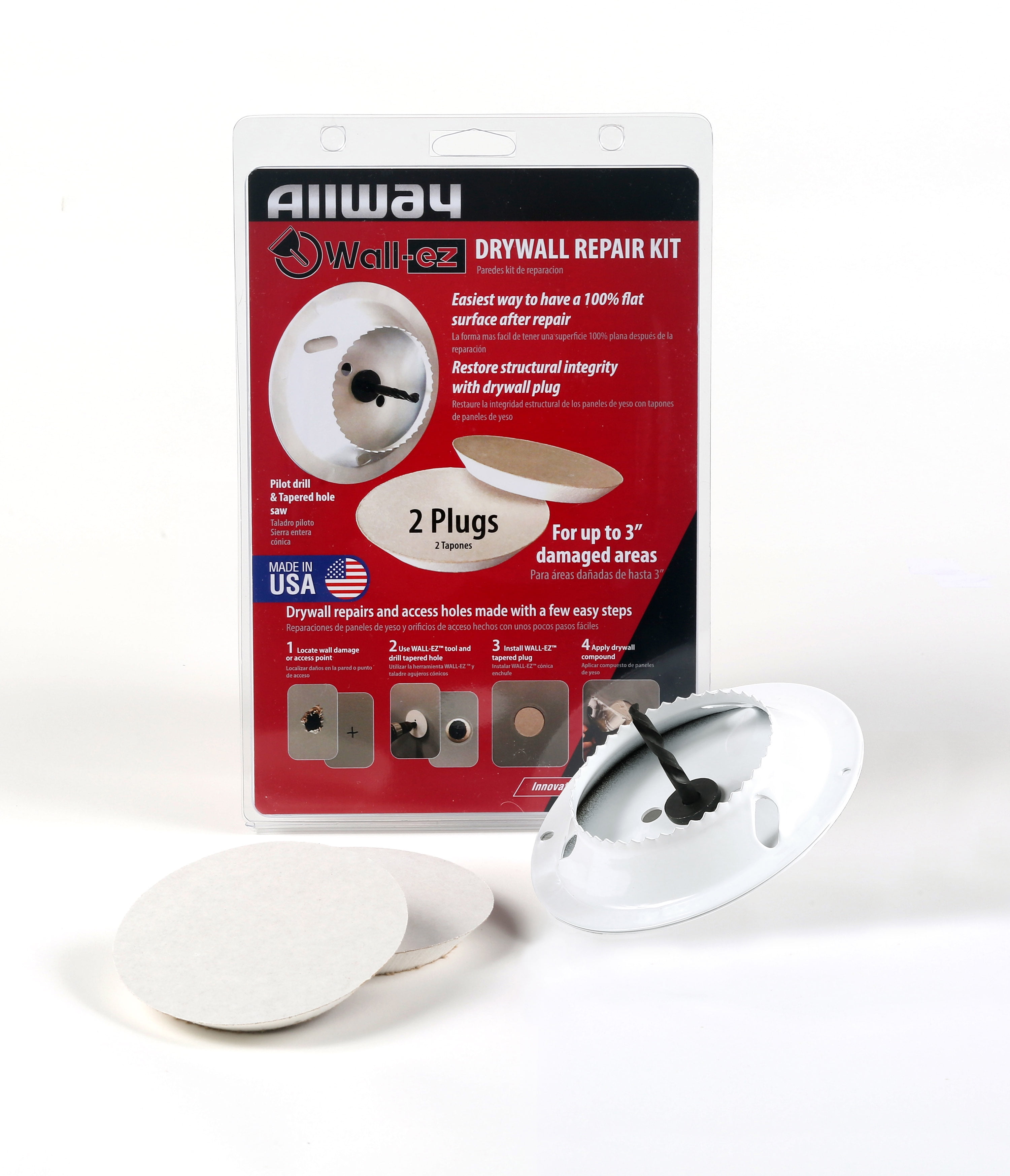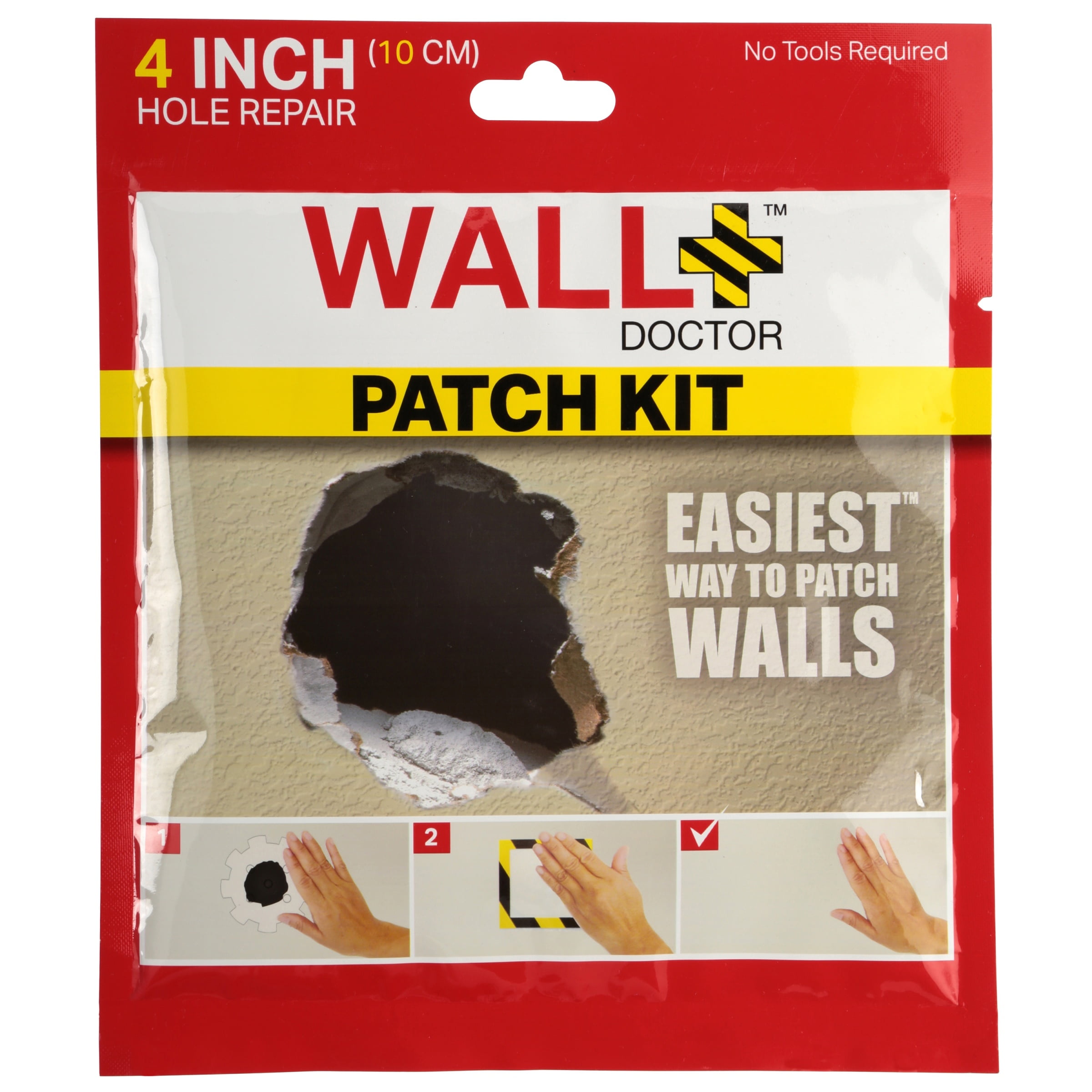Top Advice To Considering Drywall Repair
What Is Drywall And How Does It Cause It To Be Damaged?Drywall, which can also be gypsumboard, or plasterboard can be used as an ceiling or wall material. Drywall can be constructed of a base of gypsum , sandwiched between two layers of fiberglass or paper.
Drywall damage can be caused by doorknobs, furniture and even accidental impacts.
Water damage: Drywall can be damaged by water.
Shifting or settlement of the foundation can cause cracks to form in the wall.
Ageing: With time, drywall might become brittle and show cracks, or other signs of wear.
Plumbing or electrical work If electric or plumbing is installed, holes need to be made in the wall before being repaired.
Drywall repair generally involves filling cracks or holes using joint compound, then sanding, and finally painting to match the area around it. Sometimes, drywall pieces may need to be removed completely in more serious instances. It is essential to address drywall repair issues promptly to avoid any further damage. See the best read review on drywall calgary contractors for more info including local drywall repair, drywall and insulation contractors, drywall experts near me, drywall repair contractors, drywall companies in my area, drywall experts near me, drywall specialist near me, drywall company near me, sheetrock contractors, drywall company near me and more.

What Happens To Drywall And How Can The Problems Be Repaired?
Repairing the drywall involves a number of steps. This involves the insulation and framing process, as well as soundproofing, as well as patching, tapping and mudding. Here is a summary of each step that involves framing. If the drywall is damaged by structural problems it might be required to replace or repair the framing prior to the drywall being be restored.
Insulation: If the framing is finished the insulation can be added to the wall cavity. This is crucial for walls that have exterior walls or walls which are separated from living spaces.
Soundproofing If soundproofing is required further layers of soundproofing materials can be added between the framing and the drywall. This will help reduce the transmission of noise in rooms.
Patching: Drywall that has been damaged should be removed once the insulation, framing and soundproofing have been completed. It could be necessary to remove damaged sections and replace them with fresh drywall.
Taping: Once you have completed the installation of your new drywall, tap the joints to create seamless surfaces. You will need to put joint compound on the joints and then tape the joints.
Mudding: After the tape is put on and the tape is removed, you need to apply joint compound to fill in any gaps and smooth the surface. Joint compound may need to be applied repeatedly, and each layer should be sanded in between.
Painting: After the joint compound is dry and the surface has been smoothed, the last step is painting the drywall to match with the surrounding wall or room. It is possible to require several coats of painting to get the desired effect.
Remediating drywall can be difficult and time-consuming. But by paying attention to the smallest of details and the correct technique, you can make it appear professional.

Tips And Recommendations For Choosing A Drywall Contractor
The right contractor to work with is essential to ensure the project is completed on time , within budget, and to a high standard. Here are some tips to help you select the best drywall company. Refer friends, family and acquaintances. The best way to find a contractor is by word-of-mouth referrals.
Find online reviews of local contractors for drywall. This can give you an idea of their standing and quality of work.
Credentials: Make sure that the contractor you select is licensed, insured and bonded. This helps you avoid any accidents or damages that may occur during the project.
Request estimates: Request written estimates from three contractors. This will allow you to understand the cost range and spot red flags.
Ask questions. Don't be afraid to ask the contractor questions about their expertise methods, procedures, and the materials they use. The best contractors will be pleased and able to answer your questions.
Be aware of your communication skills. Select a contractor that has excellent communication skills and responsiveness. It will guarantee that your project is done on time and that you are happy with the final result.
References Ask for references as well as follow-up. This will give you a sense of the contractor's work quality and professionalism.
These are some tips to help you choose an experienced, reliable, and good-fit drywall contractor for the job.